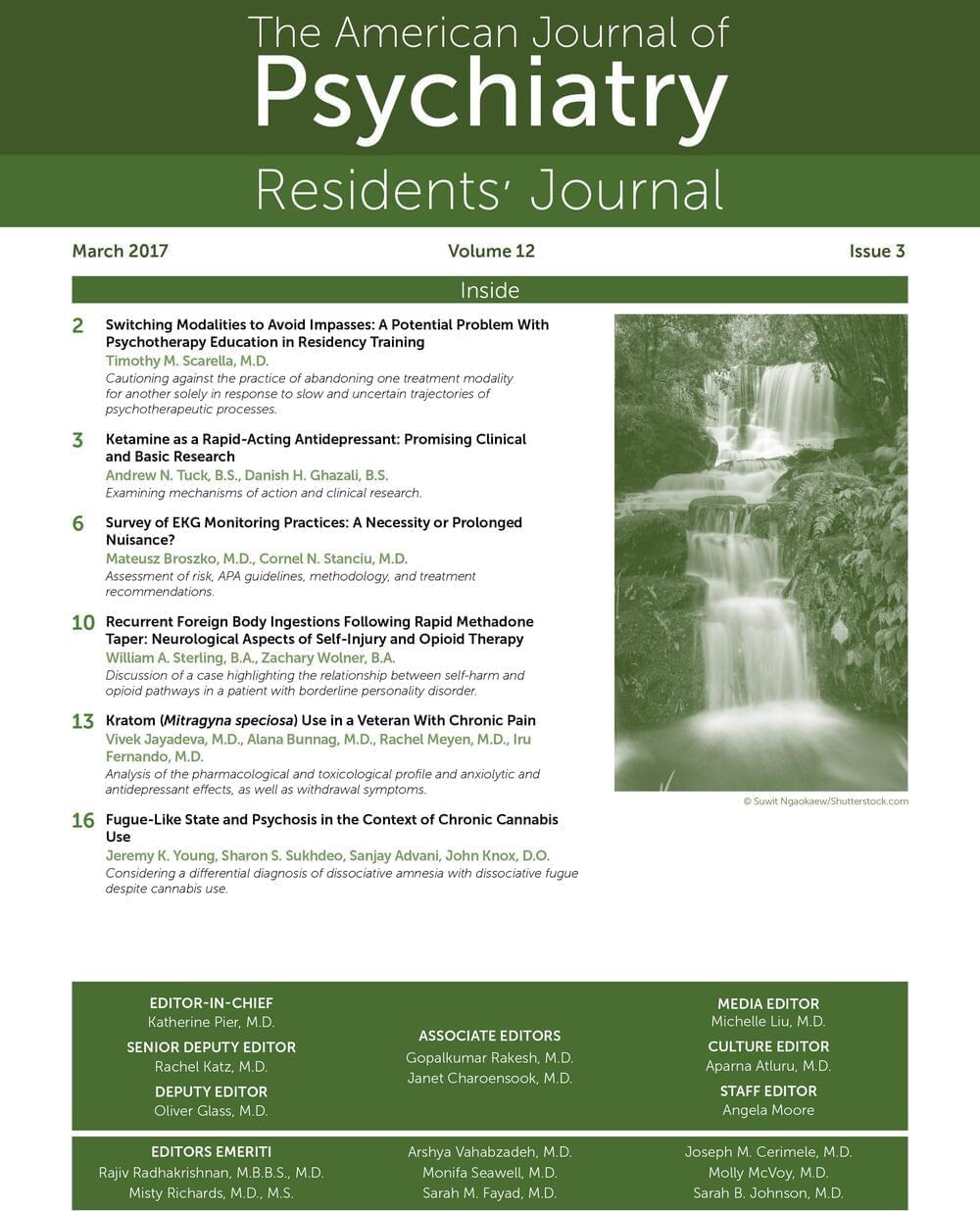Circa 2017
Millions of Americans are using this powdered leaf, saying it alleviates PTSD, addiction and other ills. The federal government may want to ban it.


A Swedish firm claims it has produced the first 100% recycled EV battery! And it plans to take this technology to industrial scales soon.

NVIDIA plans to build the world’s most powerful AI supercomputer dedicated to predicting climate change, named Earth-2.
The earth is warming. The past seven years are on track to be the seven warmest on record. The emissions of greenhouse gases from human activities are responsible for approximately 1.1°C of average warming since the period 1850–1900.
What we’re experiencing is very different from the global average. We experience extreme weather — historic droughts, unprecedented heatwaves, intense hurricanes, violent storms and catastrophic floods. Climate disasters are the new norm.
We need to confront climate change now. Yet, we won’t feel the impact of our efforts for decades. It’s hard to mobilize action for something so far in the future. But we must know our future today — see it and feel it — so we can act with urgency.

Last month, the global security community was startled by a report that China had twice tested hypersonic weapons over the summer. According to reporting by the Financial Times, this weapons system consists of two parts: a fractional orbital bombardment system (FOBS) and a hypersonic glide vehicle (HGV).
Neither FOBSs nor HGVs are new — but the combination of the two is. Many in the defense community have likened the Chinese hypersonic missile tests to the 1957 launch of Sputnik, a moment when the USSR displayed a technological superiority that stunned the U.S.
Flying to the Moon.
But don’t take it from me — hear out David Anderman, who served as SpaceX’s general counsel during the time it flew its first crewed mission. Now, Anderman is advising the producers of the reality TV show Space Hero, which plans to send one lucky winner to space (see Musk Reads+ #61).
In short, he is working to open up space to more people than ever — and thanks to the Starship, SpaceX could find itself working more like an airline. That’s also going to mean regulations will have to catch up.

Pfizer has pledged a shipment of its experimental antiviral COVID-19 pill to Israel, according to a Saturday television report, a week after the US drugmaker said it was engaged in “active discussion” with 90 countries regarding the coronavirus medication.
Prime Minister Naftali Bennett and Health Minister Nitzan Horowitz reached an agreement with the drug company for tens of thousands of doses, Channel 12 news reported. The shipment will be despatched as soon as Pfizer receives FDA approval for the pill, the TV report said.
PM and health minister reach agreement with drug company for ‘tens of thousands of doses’; initial data shows almost 90% efficacy.
Climate change can cause dramatic shifts in global temperatures and weather patterns. And while scientists won’t be able to reverse all of the negative impacts of these changes, they are looking for ways to lessen the effects by controlling the weather.
Tech Insider tells you all you need to know about tech: gadgets, how-to’s, gaming, science, digital culture, and more.
TI on Facebook: https://www.facebook.com/techinsider.
TI on Instagram: https://www.instagram.com/tech_insider/
TI on Twitter: https://twitter.com/techinsider

Would you have thought that Elon Musk is Vladimir Putin’s best friend?? How about the idea of Elon Musk making a factory in Russia???
How would that work? Good idea? Bad Idea? Who’s going to win from that scenario??
Well, we’re not quite sure if that’s actually the case — but let me tell you that Russia really does want to see Elon Musk and SpaceX succeed… And we’re going to explain why that is in today’s video…
So — make sure you stay tuned and watch to the end… As this is going to be a lot of fun!
Tags:
#Elonmusk #spacex #nasa #roscosmos #russia #spaceexploration #mechazilla #starship #staticfiretest #sn20 #booster #bn4 #falconrocket #falcon9 #dragoncapsul